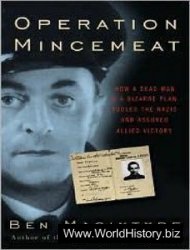The House of Commons is the great leveller. To win its heart may not require the highest attainments or the noblest enthusiasms, but it pricks every bubble, it shatters every sham. The way to get on there is not to be a great orator, who has at his command those glowing periods which the populace can never resist. Indeed, the most successful demagogues have often proved the most abject failures when they rose to address Mr. Speaker. The only short cut to the ear of the House is sober common sense, a businesslike way of saying the right thing at the right moment, and a resolute avoidance of claptrap or gush.
1905, April. (Interview by “Vivian,” Pall Mall.)
The essence and foundation of House of Commons debating is formal conversation. The set speech, the harangues addressed to constituents, or to the wider public out of doors, has never succeeded much in our small, wisely built chamber.
1930, December. (“Clemenceau - the Man and THE Tiger,” Strand Magazine:, GC, 198.)
If the House is not able to discuss matters which the country is discussing, which fill all the newspapers, which everyone is anxious and preoccupied about, it loses its contact; it is no longer marching step by step with all the thought that is in progress in the country.
1945, 24 August.
Interruptions which have no purpose but to continue the argument are not a fair use of the right of interruption.
1948, 15 July. (Europe, 387.)




 World History
World History









